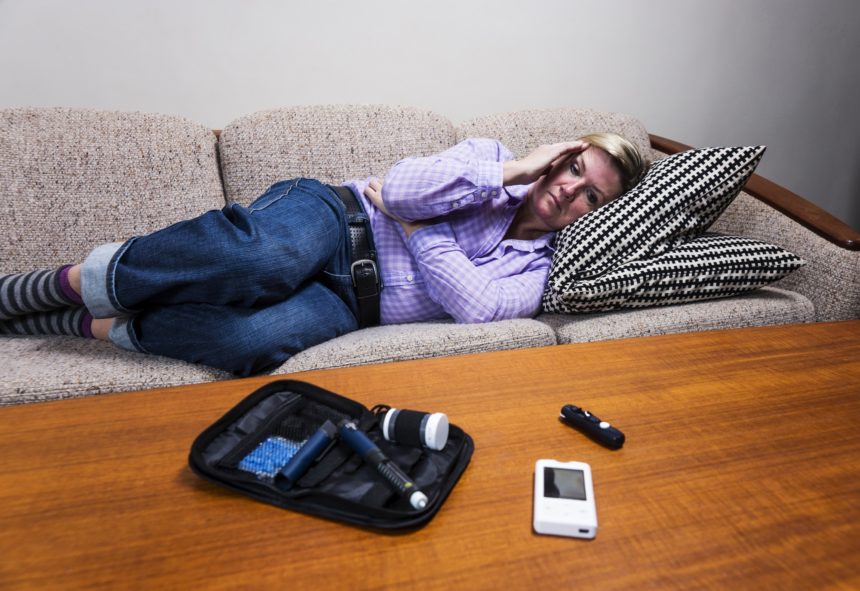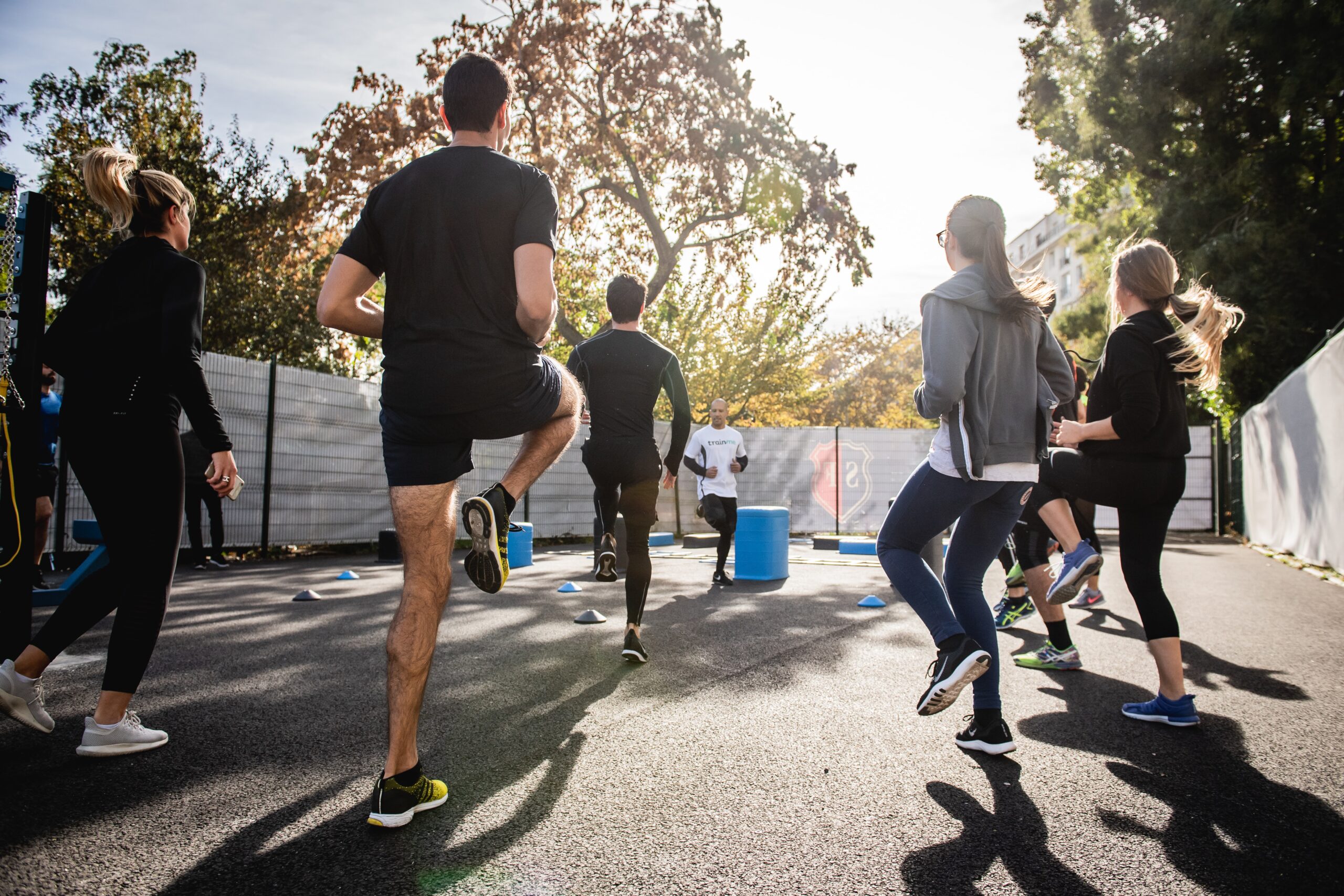There will come a time in your life when you may feel that you are…

COVID-19 and Diabetes Distress
This COVID-19 pandemic has run for quite some time now and has created a lot of tension around the globe. People suffering from Pre-Existing medical conditions are among the ones who are at high risk of getting infected by this pathogenic component.
In this article we will specifically be talking about patients suffering from Diabetes Mellitus as they are people who are very prone to succumb to all and any kinds of infections. As they are already suffering from a chronic disease they might be quite tensed and it is very normal for such patients to be facing mental health concerns as well.
Are you aware of the term Diabetes Distress?
It is an emotional state in which the person suffering from Diabetes succumbs to emotional turmoils like stress, denial and guilt that arises due to the disease and the burden of self-management. Diabetes is known to be linked to many other worse health outcomes. Many a times, people confuse Diabetes Distress with depression and anxiety as in this severe pandemic situation it is quite normal for people to be suffering from mental health issues. Diabetes Distress can be triggered by situations in which the patient has to experience social isolation, cannot work out and is denied self-care in general from a practitioner or medical expert. And due to the vast-spread effects of COVID-19, people all around the world were denied of these basic necessities of life altogether.
So, this pandemic has a huge hand in contributing to the persisting trauma of people suffering from Diabetes Distress.
The two core feelings evaluated in depression are feelings around hopelessness and helplessness. People with diabetes must follow a routine and consider the routine a part of self-care. According to medical practitioners, for patients who lived with Type 1 Diabetes for 30 years or so, the many changes associated with the pandemic will likely lead to changes in blood glucose, and self-monitoring of blood glucose becomes more important.
There are three factors that can make coping with any stressor more difficult: unpredictability, inability to influence, and no known end. If you think about it, those are not only elements of COVID-19; those are elements of diabetes.
How to manage Diabetes Distress?
Keeping that in mind, the tips for managing it all have to do with regaining a sense of control when you feel you don’t have any. Focus on doing what you can. You can influence your exposure; staying at home may feel like inactive, but it is an important action. In the realm of diabetes, it is suggested that you take something from your diabetes to-do list that you have said you would like to do if you had the time, and it might be something as simple as trying a low-carb recipe you’ve heard about. Take the walk after lunch, if safe to do so. Focus on what you can do instead of what you can’t to gain a sense of control.




